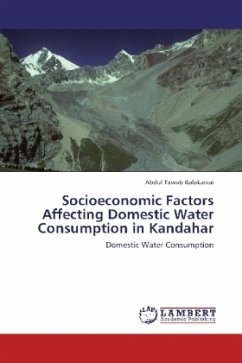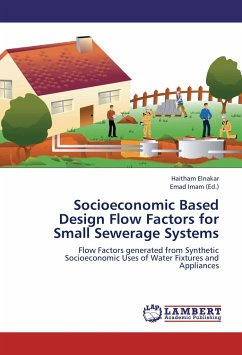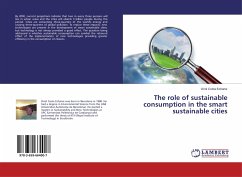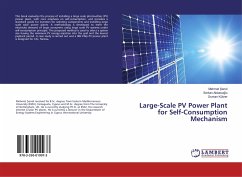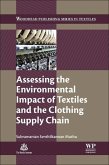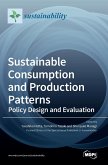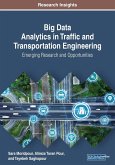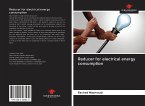In this study various factors affecting traditional domestic water consumption in a water-short city of Afghanistan which has a very low coverage of water supply services were carried out. The objective of the study was to assess domestic water consumption from a socioeconomic perspective and identify the most vital factors affecting the water consumption at household (Hh) level. A questionnaire survey was applied in Kandahar City, Afghanistan. Two areas were selected; first one with access to the piped-water (PW) supply and the other area which has no access to PW supply. From the results it was obtained that Hh income, water price, Hh size and access to adequate source of water are the main factors influencing the water consumption at Hh level. The results also suggest that domestic water is not affordable based on the bench marks of the World Bank and ADB for people who have no access to PW. In addition, some secondary data was collected to assess the performance of public water supply utility at Kandahar. The data reveals poor quality of management due to lack of qualified staff in various aspects of infrastructure, financial, technical and managerial components of the utility.
Bitte wählen Sie Ihr Anliegen aus.
Rechnungen
Retourenschein anfordern
Bestellstatus
Storno

